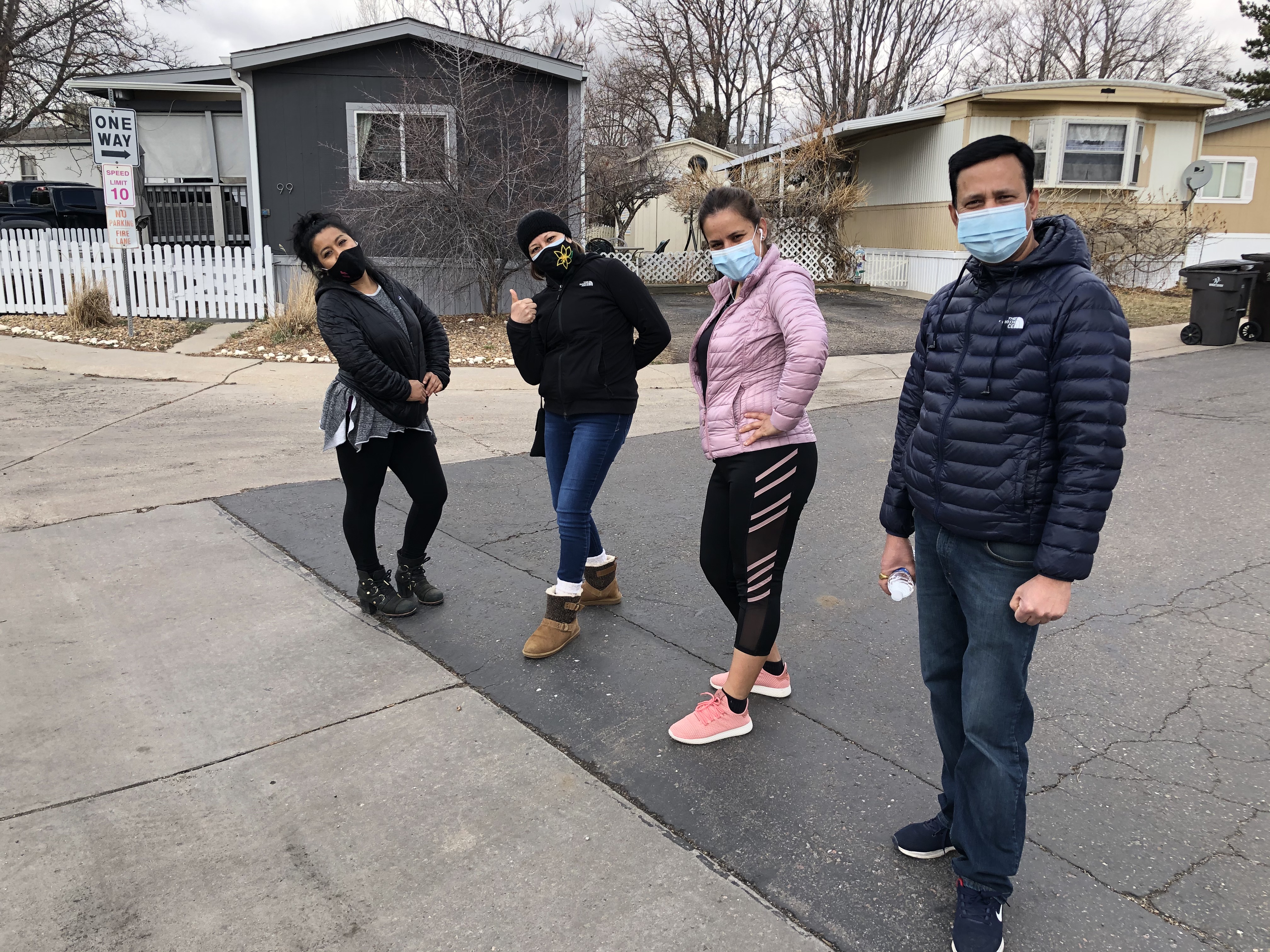
Emergency Response Connectors
Boulder, Colorado
Brenda C. Ritenour, Neighborhood Engagement and Services Manager
Ryan Hanschen, Community Engagement Manager
After fierce floods devastated Boulder, Colorado, in 2013, the city recognized the need to strengthen its efforts to engage less-connected community members by learning what they are experiencing, identifying their emerging needs, and connecting them to emergency information and resources.
In response, the city partnered with community organizations and residents to launch the Emergency Response Connectors (ERC) program in March 2020 and created a community engagement function within the city/county emergency operations center. The function was first activated during COVID-19, when it became particularly important to reach the city’s less-connected and most vulnerable residents (e.g., Latinx, Nepali, low-income) with accurate information and basic needs resources. Traditional city communications were not reaching these communities, public health information was changing rapidly, and disparities in health were increasing.
Drawing on the city’s Community Connector model and Better Together community resiliency classes, the city engaged a cadre of ERCs to build trust with local government, meet the specific needs of vulnerable communities, and protect the community from COVID-19. The ERC team was launched with 12 bicultural residents representing manufactured housing and subsidized rental communities who receive a monthly stipend for engaging their neighbors and networks in culturally relevant ways. The program also includes two dozen volunteers who engage community members across the city. ERCs have been instrumental in co-designing outreach strategies and sharing accurate COVID public health information through multilingual graphics and surfacing emerging community issues, such as childcare needs and mental health support. ERCs convene for weekly bilingual check-in meetings that focus on two-way dialogue and share bite-sized updates and resources with their communities as well as community organization partners each week.
ERCs regularly connect with more than 1,000 households and have placed thousands of masks and hundreds of tests in community members’ homes. In addition to identifying and addressing barriers to COVID testing and vaccination, they provided resources for residents facing food insecurity, those needing rent assistance, older adults who were isolated, and residents without internet access.
The impact of the ERCs in building trust between local government and less-connected communities is best captured in quotes from community members:
“I’ve seen a change in my community and the relationship we have with the Boulder [local government]; there’s more trust and everyone’s issues are being addressed in a more efficient way.”
“During the pandemic, my community has been able to get services, help, and awareness through this program, which has helped to make their day-to-day life easier. This program makes it easy to share community concerns, problems, and difficulties with the local government. I feel I became more responsible toward my community after I joined this program.”
City staff, ERCs, and community partners have learned a plethora of lessons. They have a deeper appreciation for the power of ongoing dialogue and a more profound understanding of meeting people where they are. They’ve also witnessed the professional growth of community members as they’ve stepped into facilitation roles, sup-ported one another, and dived into community-initiated programming. A final lesson is that the programs with the greatest impact are co-designed and adapted with community members, recognize the lived experience of historically marginalized communities, and invest in the expertise, time, and bicultural talents of community members.
ERCs have shared their experiences directly with several other municipalities interested in replicating this model and with participants at several national conferences. Boulder looks forward to supporting the continued evolution of similar programming that engages less-connected community members in other municipalities.
“Wow! I have close to 20 years in Boulder and I had never been part of something like this or heard of something like this, where the city includes the community.”
